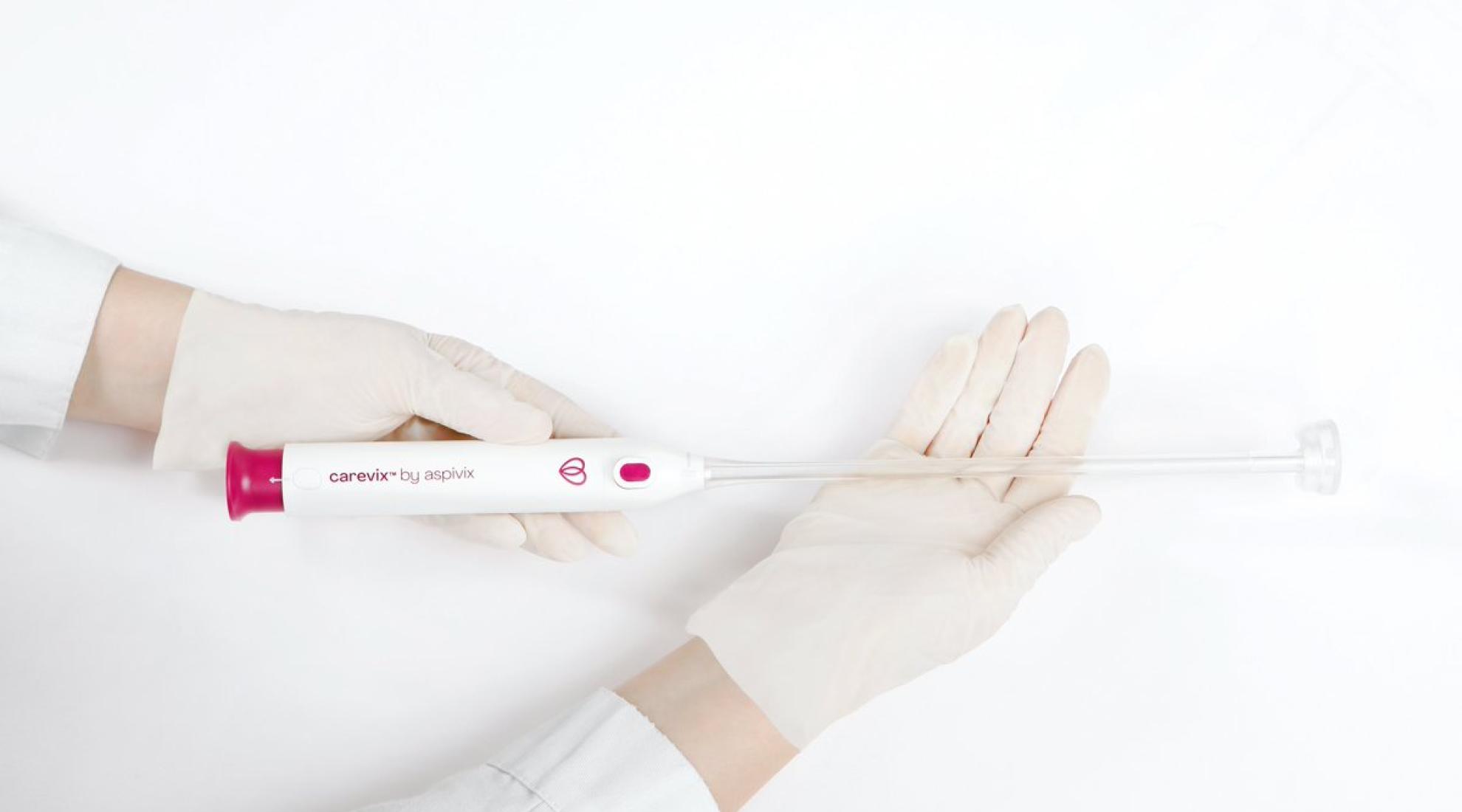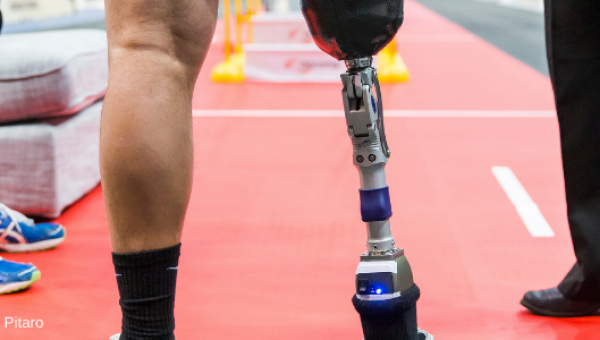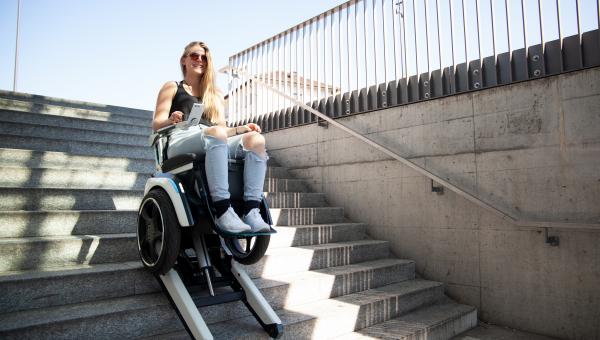Swiss start-up makes routine gynaecological procedures gentle

Although intrauterine device (IUD) insertion is the most common form of reversible birth control, used by 108 million women every year, it often entails excruciating pain. Thanks to a Swiss start-up's innovative, soft-suction cervical device, relief is now in sight.
One of the most effective birth control options – an IUD insertion – is also known for the pain it inflicts. To insert or remove the IUD through the cervix, doctors must grasp and often pierce the cervix with a pincer-like instrument called a tenaculum. Over 90% of women report mild to severe pain during such procedures.
Replacing a 100-year-old medical device used on the battlefield
Rooted in the heart of the vibrant Biopôle life sciences community in Lausanne, Swiss start-up Aspivix is dedicated to transforming women's health with a pioneering approach to pain management during routine gynaecological procedures. Founded in 2015, the start-up's mission is to replace the tenaculum, originally designed over 100 years ago to extract bullets on the battlefield.
Gentle suction technology
Their innovation, the Carevix, employs a gentle suction technology that significantly reduces discomfort and lowers the risk of cervical trauma. This revolutionary device not only makes the procedures less daunting but also enhances the overall patient experience by mitigating the fear and anxiety associated with such interventions.
78% lower bleeding rates
In a widely recognised clinical study involving 100 women who underwent IUD insertion using either the Carevix device or a tenaculum at Geneva University Hospitals and Lausanne University Hospital, bleeding rates were 78% lower with Carevix. In addition, women in the Carevix study arm reported significantly lower pain scores during all relevant stages of the IUD procedure.
Certified and poised for commercialisation
In addition to clearance from the U.S. Food and Drug Administration, Carevix also obtained CE marking in December 2023, certifying that it has met European Union health, safety, and environmental requirements. According to Aspivix's LinkedIn account, more than 10 sites around the world are already testing the new device and it will soon be commercialised.
In a world where healthcare innovation is often focused on high-tech solutions like AI and robotics, Aspivix's focus on a seemingly simple aspect of medical care – pain management – highlights an important truth: innovation doesn't always have to be complex. Sometimes, making a significant difference in the lives of patients can be as straightforward as making a medical procedure less painful.




